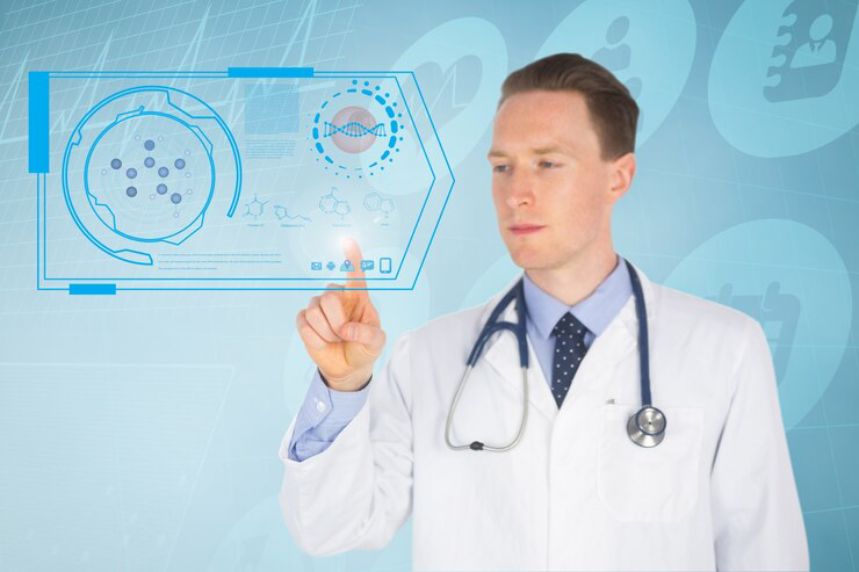Laser Book 247, Apbook, Gbets, Goldenexch99, Gold365: Identity verification in healthcare is a critical aspect that directly impacts patient safety and confidentiality. Ensuring the correct identification of individuals is fundamental in providing accurate and personalized care, as well as preventing medical errors that could have serious consequences. By implementing robust identity verification processes, healthcare organizations can effectively mitigate the risks associated with misidentification and unauthorized access to patient information.
Moreover, with the increasing prevalence of healthcare fraud and identity theft, the need for stringent identity verification measures has become more pronounced. By verifying the identity of patients and healthcare professionals, organizations can safeguard sensitive data and maintain the integrity of medical records. This not only protects individuals from potential harm but also helps in maintaining the trust and credibility of the healthcare system as a whole.
Enhancing Patient Data Security with Biometric Technology
Security breaches in healthcare have become a growing concern, with patient data being a prime target for cybercriminals. Biometric technology offers a promising solution to enhance data security by providing a reliable and unique way to verify patient identities. By using biometric identifiers such as fingerprints or facial recognition, healthcare facilities can strengthen access control measures and prevent unauthorized individuals from gaining access to sensitive information.
Implementing biometric technology not only improves security but also streamlines the patient authentication process. Patients can conveniently verify their identities through biometric scans, eliminating the need for cumbersome passwords or keycards. This not only enhances the overall patient experience but also reduces the risk of identity theft and fraudulent activities within healthcare settings. With the increasing reliance on digital systems in healthcare, adopting biometric technology is a proactive step towards safeguarding patient data and maintaining the trust of individuals in the security of their personal information.
Streamlining Access Control in Healthcare Facilities
Access control in healthcare facilities plays a crucial role in maintaining the safety and security of both patients and staff. By implementing strict access control measures, healthcare facilities can prevent unauthorized entry, safeguard sensitive information, and mitigate the risk of security breaches. Effective access control systems help in monitoring and regulating the movement of individuals within the premises, ensuring that only authorized personnel have access to restricted areas.
Streamlining access control processes using advanced technology can significantly enhance the overall security posture of healthcare facilities. Biometric authentication methods, such as fingerprint or facial recognition scans, offer a high level of accuracy and reliability in verifying the identity of individuals seeking access. By incorporating biometric technology into access control systems, healthcare facilities can not only improve security but also streamline the authentication process, reducing potential delays and ensuring seamless access for authorized personnel.
� Biometric authentication methods, such as fingerprint or facial recognition scans, offer high accuracy
� Incorporating biometric technology into access control systems can improve security
� Streamlining the authentication process reduces potential delays and ensures seamless access for authorized personnel
Implementing a centralized access control system in healthcare facilities can further streamline operations and enhance security. Centralized systems allow administrators to manage access permissions from a single platform, making it easier to track and monitor who has access to which areas within the facility. This level of control helps prevent unauthorized entry and ensures that only authorized individuals are able to enter restricted zones.
� Centralized access control systems allow administrators to manage permissions from a single platform
� Easier tracking and monitoring of individuals with access to different areas within the facility
� Prevents unauthorized entry and ensures only authorized personnel can enter restricted zones
Regular audits and reviews of access control policies are essential in maintaining the effectiveness of security measures in healthcare facilities. Conducting periodic assessments helps identify any gaps or vulnerabilities in the system, allowing for timely updates and adjustments to be made. By staying proactive in reviewing access controls, healthcare facilities can continuously improve their security posture and adapt to evolving threats.
� Regular audits help identify gaps or vulnerabilities in the system
� Timely updates based on assessment findings ensure effective security measures
� Proactive review of access controls allows facilities to adapt to evolving threats
Why is identity verification important in healthcare facilities?
Identity verification is crucial in healthcare facilities to ensure that only authorized individuals have access to sensitive patient information and medical resources.
How can biometric technology enhance patient data security in healthcare?
Biometric technology, such as fingerprint or facial recognition systems, provides an extra layer of security by confirming an individual’s identity based on unique physical characteristics.
What are some ways to streamline access control in healthcare facilities?
Streamlining access control in healthcare facilities can be achieved by implementing centralized access control systems, using smart cards or badges for authentication, and regularly updating security protocols.
Must Read :
- How To Satisfy Her In Bed
- 5 Things Every Woman Wants In A Man
- 5 Dominant Sex Moves to Spice Up Intimacy

